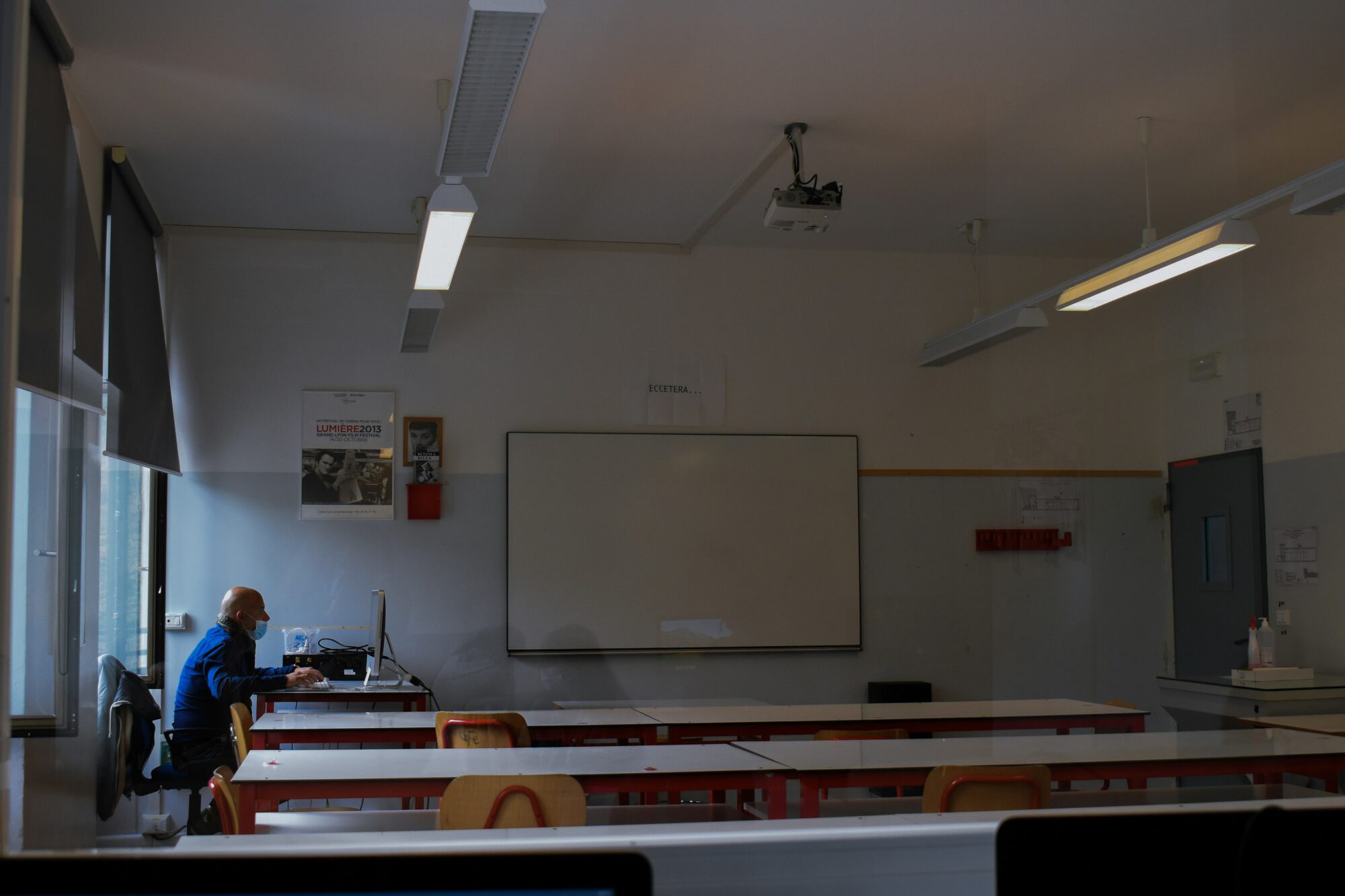Closing the Gap: Grassroots Organizing and Policy Making for Housing in Canada
The housing crisis in Canada is too large, entrenched, and politically complex to solve with siloed strategies.
Hear from frontline educators at the 2025 Progress Summit on what’s driving the crisis and how we can defend democracy by fighting for strong, inclusive, and well-funded schools.

